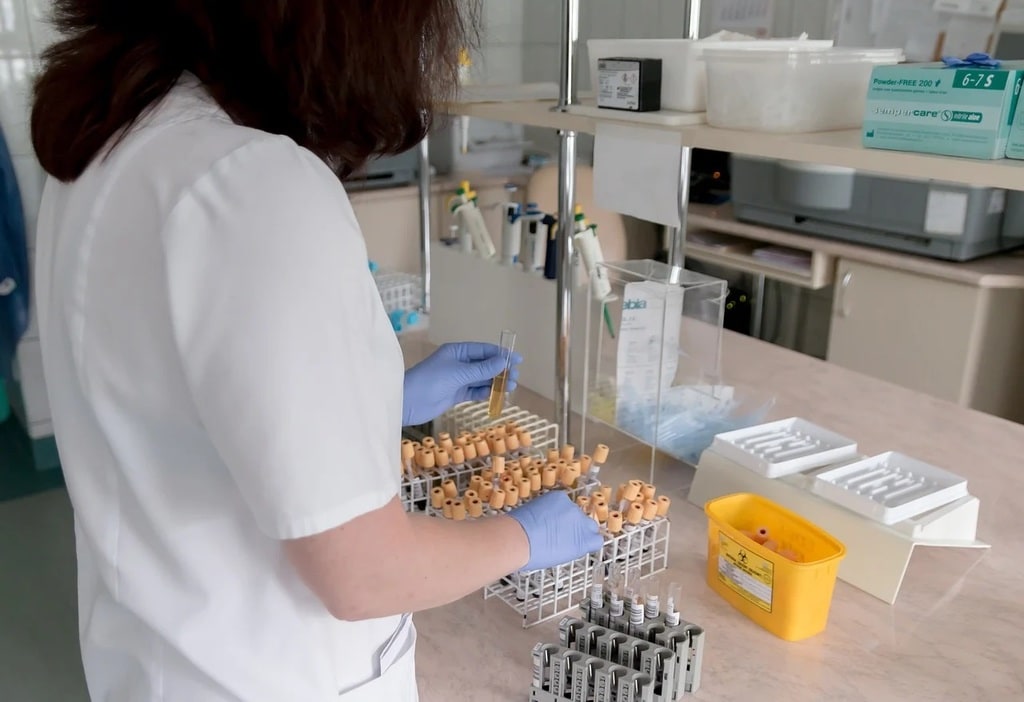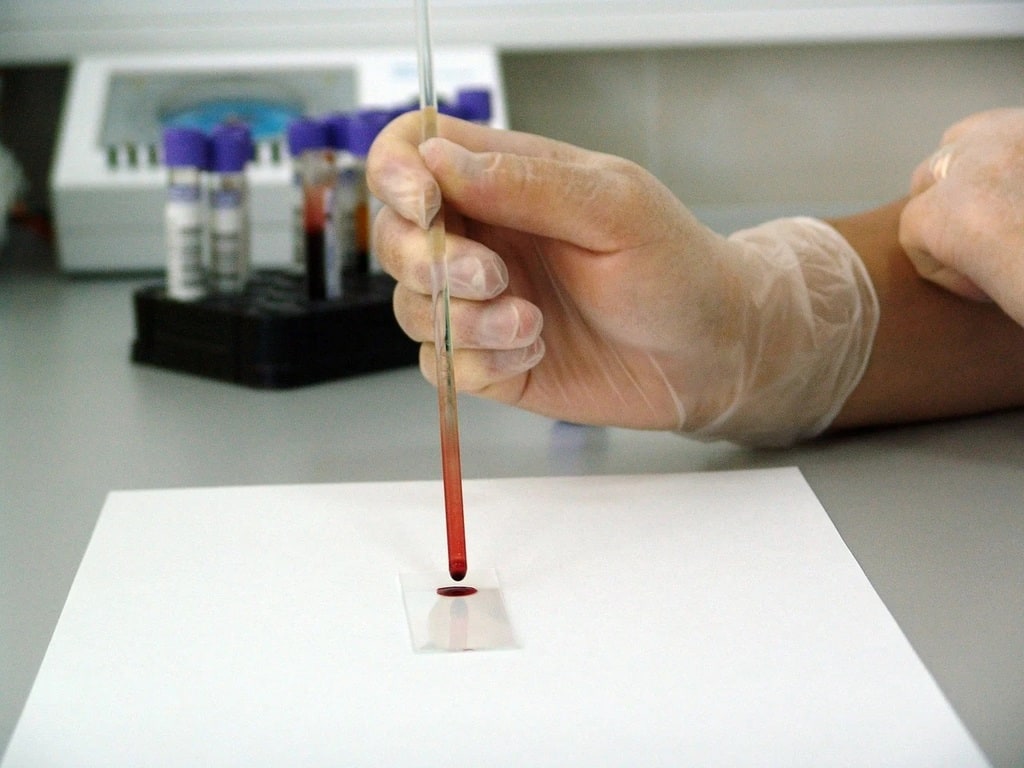Synthetic biology is rapidly transforming the way we perceive and interact with the natural world. By integrating principles of engineering with biology, this innovative field aims to design and construct new biological parts, devices, and systems. As the boundaries of what is possible continue to expand, synthetic biology is poised to redefine industries and improve lives in unprecedented ways. Understanding its potential and the challenges it faces is essential for anyone interested in the future of science and technology.
Exploring the Horizons of Synthetic Biology
The field of synthetic biology is not merely a continuation of genetic engineering but a leap into designing life from scratch. By assembling genetic building blocks, scientists can create organisms with customized functions that can address a wide array of problems. From developing biofuels that can replace fossil fuels to engineering bacteria that can clean up oil spills, the applications are vast and promising.
As researchers continue to push the boundaries of synthetic biology, ethical considerations and regulatory frameworks will need to evolve in tandem. The ability to create life with specific purposes raises questions about the potential misuse of such technologies. Nonetheless, the potential for positive impact remains significant, offering solutions to some of the world’s most pressing challenges.
One of the critical areas where synthetic biology is making an impact is in the medical field. By creating customized microorganisms, new therapies and vaccines can be developed with unprecedented speed and accuracy. This can significantly alter the landscape of disease prevention and treatment, offering hope for conditions that were once deemed incurable.

Potential Applications and Innovations
With its ability to reprogram living organisms, synthetic biology offers numerous applications across various industries. The following are some of the most promising areas where synthetic biology could make a revolutionary impact :
- Medicine: personalized medicine advancements, targeted drug delivery, and innovative vaccines.
- Agriculture: genetically engineered crops that are more resilient to climate change and pests.
- Environmental: bioremediation techniques using engineered organisms to clean pollutants.
- Energy: development of biofuels and sustainable energy sources from engineered microorganisms.
- Materials Science: creation of novel biomaterials with unique properties.
These applications highlight the versatility of synthetic biology and its potential to solve complex problems. However, the journey from laboratory research to real-world implementation can be challenging and requires collaboration between scientists, policymakers, and the public.
Challenges and Ethical Considerations
While synthetic biology holds great promise, it is not without its challenges. Technical hurdles remain, as creating stable and predictable biological systems can be difficult. Another significant concern is the ethical implications of designing life. Questions about safety, consent, and the potential for unintended consequences require careful consideration.
Public perception also plays a crucial role in the acceptance and success of synthetic biology innovations. Transparency and communication are key in ensuring that the benefits of synthetic biology are understood and that any concerns are addressed. Collaborative efforts between researchers, ethicists, and the community are essential for navigating these complex issues.
Regulatory frameworks will need to adapt to the rapidly evolving landscape of synthetic biology. Establishing guidelines that ensure safety while fostering innovation is a delicate balance that will require input from multiple stakeholders.
The Path Forward
Synthetic biology is at a pivotal point where its potential is only beginning to be realized. Continued investment in research and development, as well as education and training, will be critical to unlocking its full potential. As the field progresses, it will be essential to build a supportive ecosystem that encourages innovation while addressing ethical and safety concerns.
The future of synthetic biology lies in its ability to integrate seamlessly with other disciplines, creating a multidisciplinary approach to solving complex issues. By harnessing the power of biology in new ways, society can look forward to a future where science and technology work hand in hand to improve the quality of life and achieve sustainability.
Ultimately, synthetic biology offers an exciting glimpse into the future, where the line between the natural and engineered worlds becomes increasingly blurred. Embracing the potential of this transformative field could lead to a new era of discovery and innovation.
